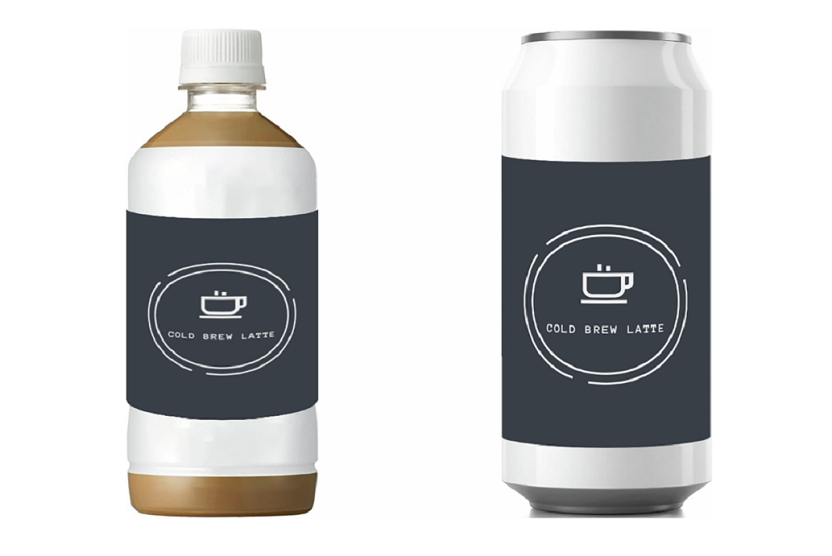A Japanese study reveals that the environmental policies of the Paris 2024 Olympic Games convinced consumers to switch to cans more effectively than health warnings about microplastics.

Could the legacy of the Olympic Games also be decided in supermarket aisles? That is the hypothesis explored by six Japanese researchers in a
study published in late August in Nature (Humanities and Social Sciences Communications). Their investigation addressed a pressing question: how can consumers be persuaded to give up plastic bottles in favor of more sustainable alternatives, such as aluminum cans?
The starting point is well known: plastic, “a material of a thousand uses,” has become one of today’s greatest environmental and health scourges. While prized for its low cost and convenience, it takes centuries to decompose and breaks down into microplastics. These particles now pervade soil, oceans, animal organisms—and even humans.
Faced with this challenge, the researchers tested two possible “stimuli” to change consumer behavior: on the one hand, the ban on single-use plastic bottles for spectators at the Paris 2024 Olympic and Paralympic Games, one of the flagship sustainability measures of what was hailed as the most eco-friendly Games in history; on the other hand, the dissemination of alarming scientific findings showing that “one liter of bottled water contains on average 240,000 plastic particles.”
A large-scale experiment
To assess the effectiveness of these messages, the team conducted a randomized controlled trial (RCT) with 600 Japanese consumers, all regular drinkers of canned coffee. Participants were divided into three groups: a control group, a group exposed to the “Olympics” message, and a group exposed to the “microplastics” message. Each participant then evaluated the attractiveness of a coffee presented either in a plastic bottle or in a can.
The results are clear. In the control group, plastic and aluminum received roughly equal ratings. But in the “Olympics” group, cans gained a clear advantage: 44.2% of respondents found them attractive, compared to only 25.7% for plastic bottles. Statistically, “participants exposed to the Olympic stimulus were 2.3 times more likely to prefer a can,” the authors note.
Figure – Results of the randomized controlled trial (Chi-square test). The “Olympics” stimulus significantly increased the attractiveness of cans compared to plastic bottles, while the “microplastics” message had no significant effect.
By contrast, the microplastics warnings had little to no effect. Participants exposed to this message remained almost indifferent to packaging: 31.6% found cans attractive, versus 34% for bottles.
When an event outweighs science
Why such a difference? According to the researchers, warnings about microplastics remain “difficult to translate into concrete behaviors,” since their health effects are still vague and largely invisible. In contrast, the Olympic policy works as a powerful symbol: it connects sustainable packaging to ambitious public action and to the image of a global event celebrating the future.
Another factor comes into play: consumers’ “innovative personality.” Participants described as more curious and willing to adopt new practices were particularly sensitive to the signal sent by the Paris Games. Among them, the preference for cans increased significantly. On the other hand, these same profiles reacted negatively to the anxiety-inducing microplastics message—perhaps because they deemed the information too uncertain.
Lessons beyond coffee
For the authors, the takeaway is twofold. First, major public policies and global events can act as catalysts for habit change. “The Olympic Games provide a symbolic momentum that goes beyond their economic or touristic impact,” they write. Second, fear-based campaigns that rely only on uncertain health risks appear limited, especially with already informed and critical audiences.
In practice, this means governments and companies could leverage emblematic events to amplify ecological transitions. The study also suggests that “the Olympic effect should not be restricted to budgetary or urban dimensions, but should also include its power to influence citizen attitudes.”
A still limited scope
The researchers acknowledge several limitations: the experiment was conducted only in Japan, on coffee drinkers, with a sample mostly aged over 40. Moreover, the effect could evolve over time: if the Olympic anti-plastic policy faces backlash, enthusiasm might wane.
Nevertheless, the study marks an important step. It demonstrates that ecological transition relies not only on scientific evidence, but also on collective narratives and symbols that capture consumers’ imagination.
In short, Paris 2024 may be remembered not only for its sustainable infrastructure and athletic performances, but also as an unexpected accelerator in the global fight against plastic bottles.

Comment